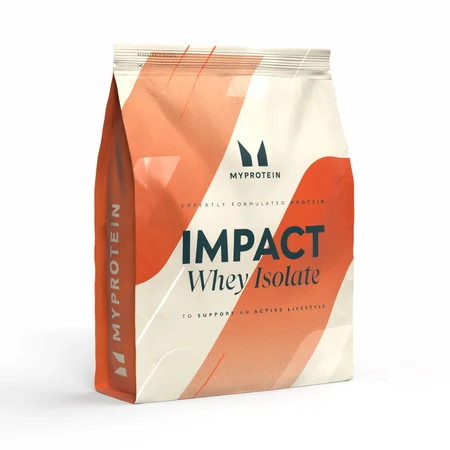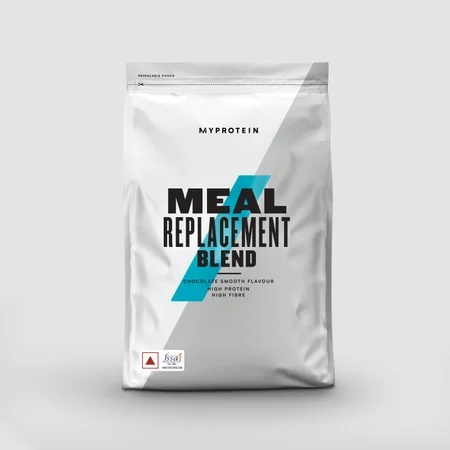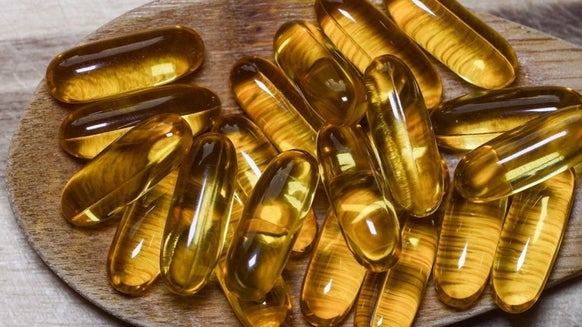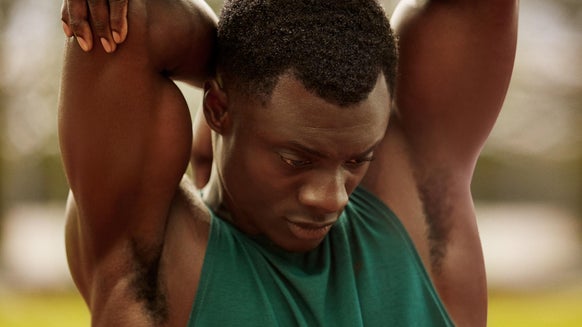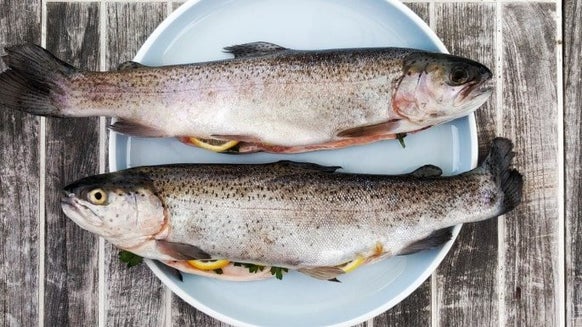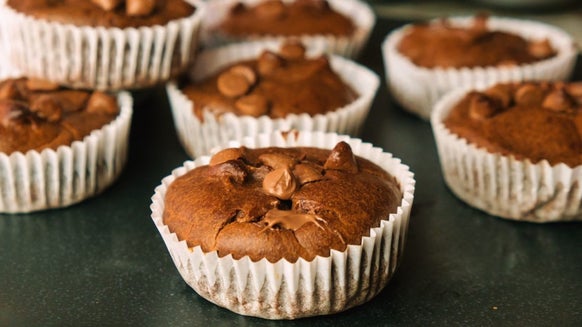A Guide To Pre & Post-Run Nutrition

Whether you’re aiming to set a new PB, preparing for your first half marathon or just increasing movement to lose weight or improve wellbeing, a healthy nutrition plan will help you achieve your goals and benefit your running.
This article covers the fundamentals you need to consider and specifically focuses on the optimal pre and post-run feeding strategy.
- Why is nutrition important for runners?
- What to eat before a run
- What to eat after a run
- What's important to remember when fuelling for a run?

Why is nutrition important for runners?
Nutrition is what fuels the body for exercise performance and helps our bodies recover.
An essential element of a nutrition plan for runners is their calorie and macronutrient needs.1
Running will significantly increase your daily energy expenditure and your energy intake needs to matched according to your goals.1
It’s also important to consider where these calories come from and, for most runners, carbohydrates should make up the majority of their diet.
Carbohydrate recommendations for runners range from 4-10g/kg/d.1 This will vary depending on your goal and training program but as a general recommendation, those aiming to maximise performance should aim at the top end of this. Those running with fat loss in mind, a lower carbohydrate intake will be more appropriate.
For recovery, it’s important to replace the glycogen used during a run, consume protein to help repair muscles, and adopt a well-balanced diet to consume a wide variety of micronutrients.1
What to eat before a run
In addition to the daily calorie and macronutrient requirements required to optimise running performance, timing your nutrition around your training is the best way to get the best out of each and every run.2
There are a number of factors that determine which is the best pre-run meal. These include the length of the run, the intensity and the overall goal of the session (e.g. improved performance or fat loss).
The time you choose to run will also heavily affect the feasibility of a certain nutrition strategy. For example, an early morning run may be best done fasted or after a light snack and a late afternoon run should be performed approx. 2-3 hours following a meal.2
For those focussed on performance improvements, as a general guide, it's best to include a meal or snack high in carbohydrates which is also low in fat and fibre to make it easy to digest.
- Banana and snack bar
- Cereal and milk
- Porridge with fruit
- Chicken sandwich
- Tuna and a jacket potato
- Toast and jam
If running for fat loss, performing a run with low glycogen availability will increase the amount of fat used as a fuel during exercise.3 So, running fasted or after a low carbohydrate meal may be best.
- Omelette
- Chicken salad
- Grilled salmon and vegetables
- Whey protein shake
What to eat after your run
Following a run, it’s important to replace the fuel used to allow your muscles to recover and help prepare for your next session.
The best foods for this are high glycaemic carbohydrates which have been shown to restore glycogen in the fastest way.2 Examples of high glycaemic carbohydrates include pasta, rice, white potatoes, and cereal.
Alongside carbohydrates, protein is also important.
Protein aids muscle repair and there is also evidence to show combining protein with sub-optimal levels of carbohydrate will increase the rate of glycogen replenishment.2
It’s recommended for those looking to improve endurance that a daily intake ranging between.1.2g-2.0/kg/d is adopted.4 This should ideally be from lean, low fat sources such as chicken and white fish.
Rehydration following a run to replace water lost in sweat is also advised. This can come from water, a recovery shake (containing protein and carbohydrates), energy drinks, and milk has also been shown to effectively rehydrate following exercise.5
Foods to avoid:
In the build-up to a run it's best to avoid foods that may cause gastrointestinal distress or ‘sit heavy’ during your run. These include:
Not only high in calories, high fat foods take a long time to digest. While it’s best to avoid greasy, fried food in general as part of a healthy diet, it’s especially important for runners.1
Fibre is a necessary part of a healthy diet (the NHS recommends 30g a day), but limiting fibre in the lead up to a run can help reduce gastrointestinal symptoms.1
Spicy food has been shown to increase symptoms of IBS. So, it’s best to keeping hot and spicy to a minimum before a run to help avoid any GI issues during your training.6
Although caffeine has been shown to enhance endurance, it’s best not to over consume as excessive amounts have been shown to cause gastrointestinal issues.7
What’s important to remember when fuelling for a run?
Go into each session with a specific goal in mind. This will allow you to match your fuelling strategy appropriately.
If performing tempo or high intensity interval runs, optimal glycogen availability is important as higher intensity exercise predominantly uses glycogen as a fuel source.3
For lower intensity runs, aimed specifically at fat loss, glycogen storage is less important and training with lower glycogen availability may be more beneficial.3
Give yourself enough time after eating to allow your body to utilise the carbohydrate properly. Time your run for 2-3 hours after a large meal.2
Additionally, it’s best to avoid foods which may cause gastrointestinal distress such as foods high in fat, fibre, spicy food, and excessive caffeine.
Take home message
A good nutrition plan will help boost the performance and recovery of your runs.
A high carbohydrate diet is best for runners looking to enhance performance whereas those looking to burn fat should review their carbohydrate intake.
The best pre-run meals and snacks will depend on your training goal, intensity, duration and the time of your run. Following a run, it’s important to consume carbohydrates, protein and properly rehydrate for optimal recovery.
READ THESE NEXT:

4 Best Supplements For Swimmers | Should You Be Eating Before Swimming?
Get set to sail through those lengths.
8 Best Supplements For Women
Supplements to support pregnancy, bone health, blood flow and more.
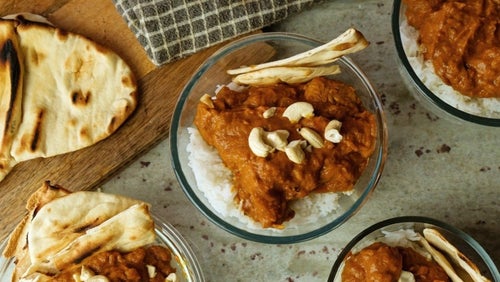
30-Minute Chicken Tikka Masala Meal Prep
Sort your lunches for the week in just half an hour.

1. Nutrition and Athletic Performance. Medicine & Science in Sports and Exercise: March 2016 – Volume 48 – Issue 3 – p 543-548.
2. Kerksick C.M., Arent S., Schoenfeld B.J., Stout J.R., Campbell B., Wilborn C.D., Taylor L., Kalman D., Smith-Ryan A.E., Kreider R.B., et al. International Society of Sports Nutrition Position Stand: Nutrient Timing. J. Int. Soc. Sports Nutr. 2017;14:33. doi: 10.1186/s12970-017-0189-
3. Impey SG, Hearris MA, Hammond KM, Bartlett JD, Louis J, Close GL, Morton JP. Fuel for the Work Required: A Theoretical Framework for Carbohydrate Periodization and the Glycogen Threshold Hypothesis. Sports Med. 2018 May;48(5):1031-1048. doi: 10.1007/s40279-018-0867-7. PMID: 29453741; PMCID: PMC5889771
4. Vitale K, Getzin A. Nutrition and Supplement Update for the Endurance Athlete: Review and Recommendations. Nutrients. 2019 Jun 7;11(6):1289. doi: 10.3390/nu11061289. PMID: 31181616; PMCID: PMC6628334
5. Shirreffs, S., Watson, P., & Maughan, R. (2007). Milk as an effective post-exercise rehydration drink. British Journal of Nutrition, 98(1), 173-180.
6. Esmaillzadeh A, Keshteli AH, Hajishafiee M, Feizi A, Feinle-Bisset C, Adibi P. Consumption of spicy foods and the prevalence of irritable bowel syndrome. World J Gastroenterol. 2013 Oct 14;19(38):6465-71. doi: 10.3748/wjg.v19.i38.6465. PMID: 24151366; PMCID: PMC3801318.
7. Guest, N.S., VanDusseldorp, T.A., Nelson, M.T. et al. International society of sports nutrition position stand: caffeine and exercise performance. J Int Soc Sports Nutr 18, 1 (2021). https://doi.org/10.1186/s12970-020-00383-4
